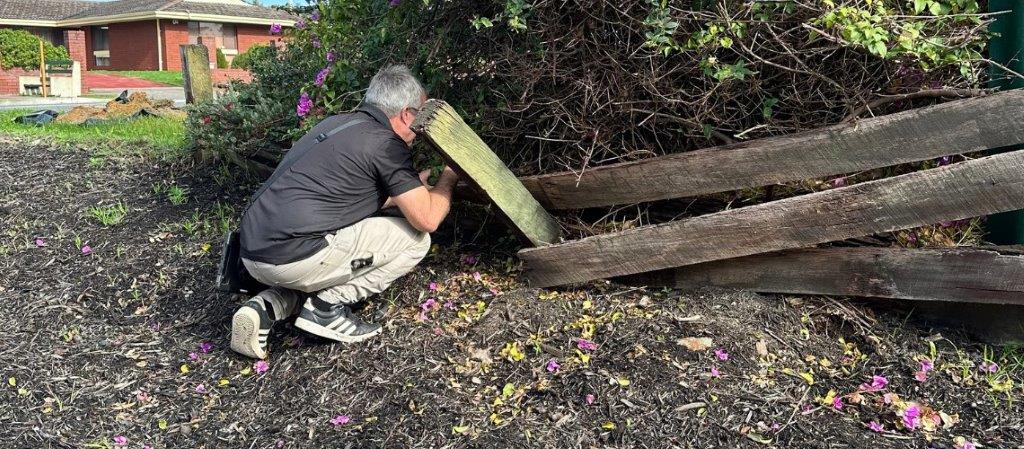In Western Australia, the battle against termites is a serious matter. With our warm climate and diverse ecosystems, the region is a haven for these destructive pests. Homeowners face the constant threat of termite infestations, which can cause significant damage to buildings and structures if left unchecked. However, with the right termite management systems and treatments in place, it’s possible to protect your property and keep these unwanted guests at bay.
Termite Management Systems:
In Western Australia, termite management systems are crucial for protecting properties from infestations. These systems typically fall into three categories: physical barriers, chemical treatments, and monitoring systems.
Physical Barriers:
Physical barriers are designed to prevent termites from accessing buildings and structures. This may include installing stainless steel mesh or chemical-impregnated plastic beneath concrete slabs or around the perimeter of a structure. These barriers create a barrier that termites cannot penetrate, effectively blocking their entry points.
Chemical Treatments:
Chemical treatments involve applying termiticides to the soil or directly to wooden structures to create a protective barrier against termites. These treatments can be applied during construction or as a remedial measure for existing infestations. Common termiticides used in Western Australia include non-repellent and repellent chemicals, which either kill termites upon contact or deter them from entering treated areas.
Monitoring Systems:
Monitoring systems are used to detect termite activity early before infestations can cause significant damage. These systems typically consist of termite bait stations installed around the perimeter of a property. The stations contain wood or cellulose material laced with a slow-acting toxin that is attractive to termites. When termites feed on the bait, they carry the toxin back to the colony, eventually leading to its elimination.
When it comes to termite management, there is no one-size-fits-all solution. The best approach depends on factors such as the type of property, the severity of the termite threat, and environmental considerations. It’s essential to consult with a qualified pest control professional to assess your specific needs and recommend the most effective termite management system for your situation.
Why use a Licensed Pest Control Technician
For chemical treatments, we always recommend the use of a qualified and licensed pest control technician. While DIY termite control methods may seem appealing, they often fall short in addressing the complexities of termite infestations. Licensed pest control technicians possess the knowledge of Australia standards (AS 3660 Termite Management) , experience, and resources necessary to implement effective termite management strategies tailored to each property’s unique needs.
It is also important to consider the health risks in DIY treatment options. Licensed pest technicians are well-versed in the safe and proper application of termite treatments, minimizing risks to human health and the environment. They utilize approved termiticides and application methods that adhere to industry standards and regulatory guidelines, ensuring the efficacy of treatments while prioritizing safety.
Ongoing Monitoring and Maintenance
Termite management is not a one-time endeavour but rather a continuous process that requires ongoing monitoring and maintenance. Properties should be inspected every 12 months for signs of termite and timber pests.
As building inspectors in Perth and the South West, part of our timber pest inspection process is understanding what termite protection has been installed and maintained. In most cases this information will be recorded on the durable notice installed in the properties electrical meter box.
The durable notice will include such details as location of treatment, type of treatment and most important history of treatments and inspections. Information gathered from the durable notice helps the inspector understand how protected the property may or may not be.
By implementing the right combination of termite management systems and treatments, property owners can protect their investments and minimize the risk of termite damage. Whether it’s installing physical barriers, applying chemical treatments, or using monitoring systems, proactive termite management is essential for preserving the structural integrity of buildings and structures.
To get on top of your timber pest maintenance visit our inspections bookings page or talk to our friendly team for more information on 08 6184 5624 or email [email protected].

